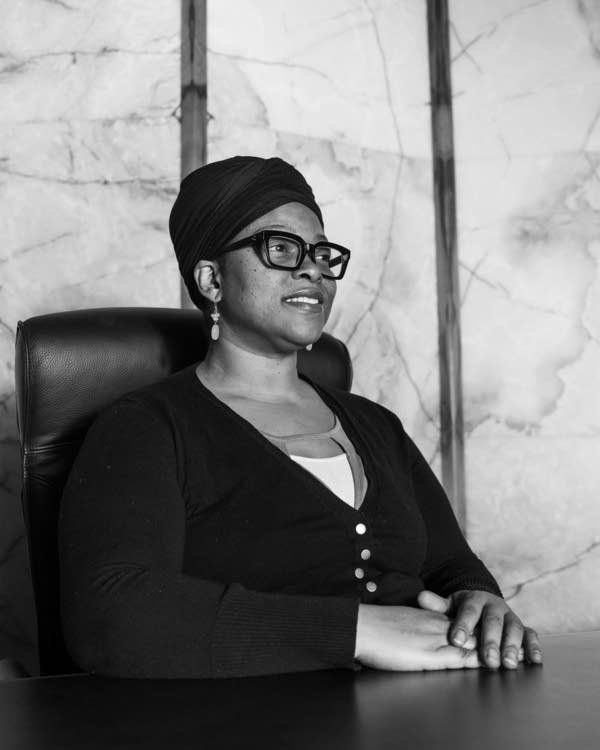ChangeMakers: Angela Conley changing the system from the inside

Hennepin County District 4 Commissioner Angela Conley sits for a portrait inside of the Hennepin County Government Center in Minneapolis on Tuesday.
Evan Frost | MPR News
Go Deeper.
Create an account or log in to save stories.
Like this?
Thanks for liking this story! We have added it to a list of your favorite stories.


